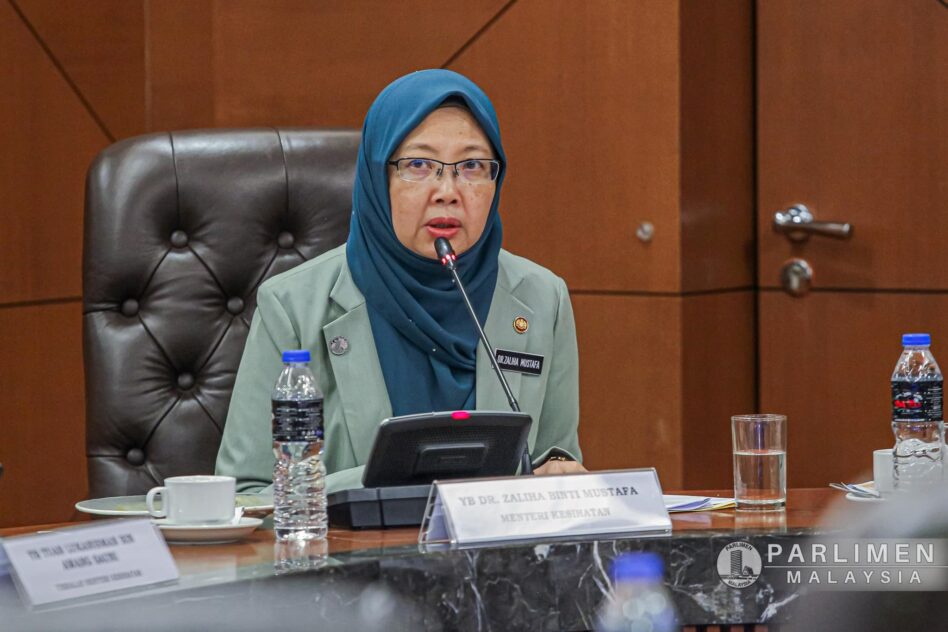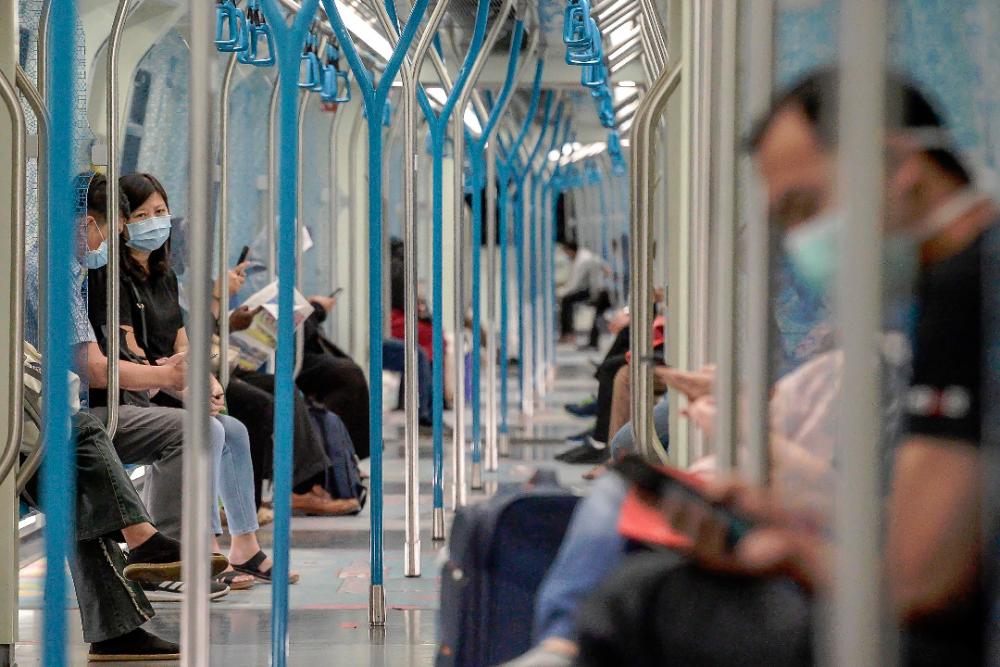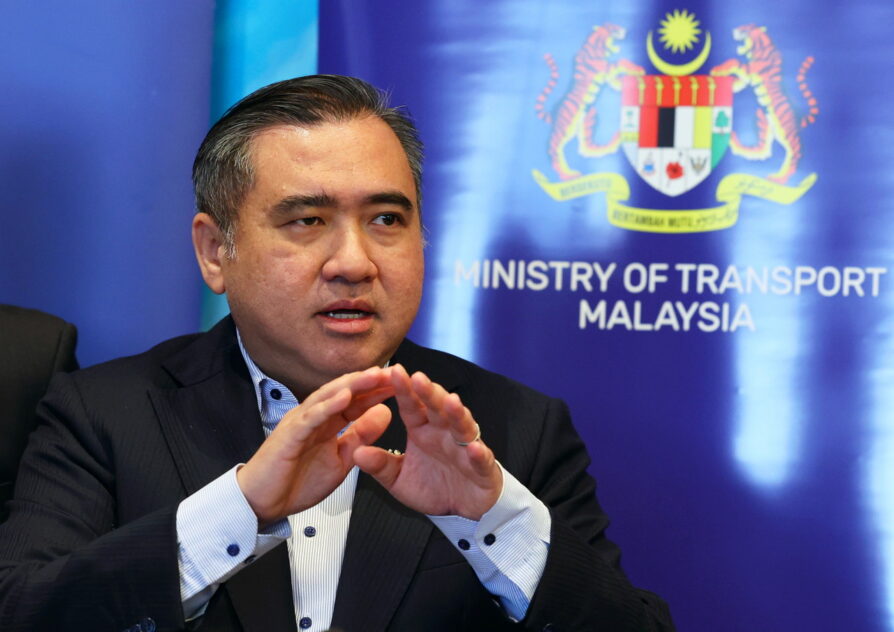MASKS are no longer a mandatory when visiting hospitals or riding on public transportation effective July 5, announced Dr Zaliha Mustafa.
The Health Minister explained that face masks remain necessary for COVID-19 positive patients and health professionals following infection control procedures in dealing with patients.
Recognising the World Health Organisation’s (WHO) declaration of the coronavirus outbreak as a “public health emergency of international concern”, Dr Zaliha stated that the revision was also based on an evaluation of COVID-19 cases in Malaysia at the point in time.
“Even though several relaxations have been implemented during the transition phase since April 2022, the ministry has enforced various policies and containment measures to curb the spread of COVID-19 infections within the community.
“Therefore, based on the country’s successful handling of COVID-19 and the resumption of national health services, the ministry has revised the SOP by referring to the WHO’s statement on the transition towards long-term management of the pandemic,” Dr Zaliha said.
Masks are strongly encouraged for high-risk individuals in crowded areas that are poorly ventilated, people with symptoms of respiratory illnesses, and commuters using public transportation.
Separately, isolation for confirmed COVID-19 cases would be maintained with the period now shortened from seven days to five days on the onset of initial symptoms.

According to the Sekijang MP, the revised period is based on studies that showed infectivity level was the highest during the first five days and will also come into effect from July 5 onwards.
She additionally announced that Malaysia’s classification as an infected area under the Prevention of Infectious Diseases Act, which was set to expire on June 30, has been extended until December 31, even though the COVID-19 scenario is no longer an issue.
“This extension is needed since there is the risk of new variants and sub-variants of Covid-19 emerging in Malaysia.
“Also, the mass gatherings which are expected during the Aidiladha celebrations and upcoming state elections mean there is a risk of a surge in cases which would burden the public healthcare system if preventive measures are not taken.
“The health ministry will continue to monitor the COVID-19 situation and variants reported so that swift action can be taken when needed,” she said.
Malaysia reported its first three cases of COVID-19 on 25 January 2020 and then-prime minister Tan Sri Muhyiddin Yassin announced that Malaysia would enter into a partial lockdown on 18 March 2020.
On April 1 last year, Malaysia announced a transition to treating COVID-19 as endemic, where some pandemic rules on masking and business operating hours were relaxed, and the country’s international borders were reopened.
On May 5 this year, the WHO ended the global emergency status for COVID-19, more than three years after its original declaration on January 30, 2020.
However, the agency said the end of the emergency did not mean COVID-19 was over as a global health threat. – June 29, 2023
Main pic credit: theSUNdaily









